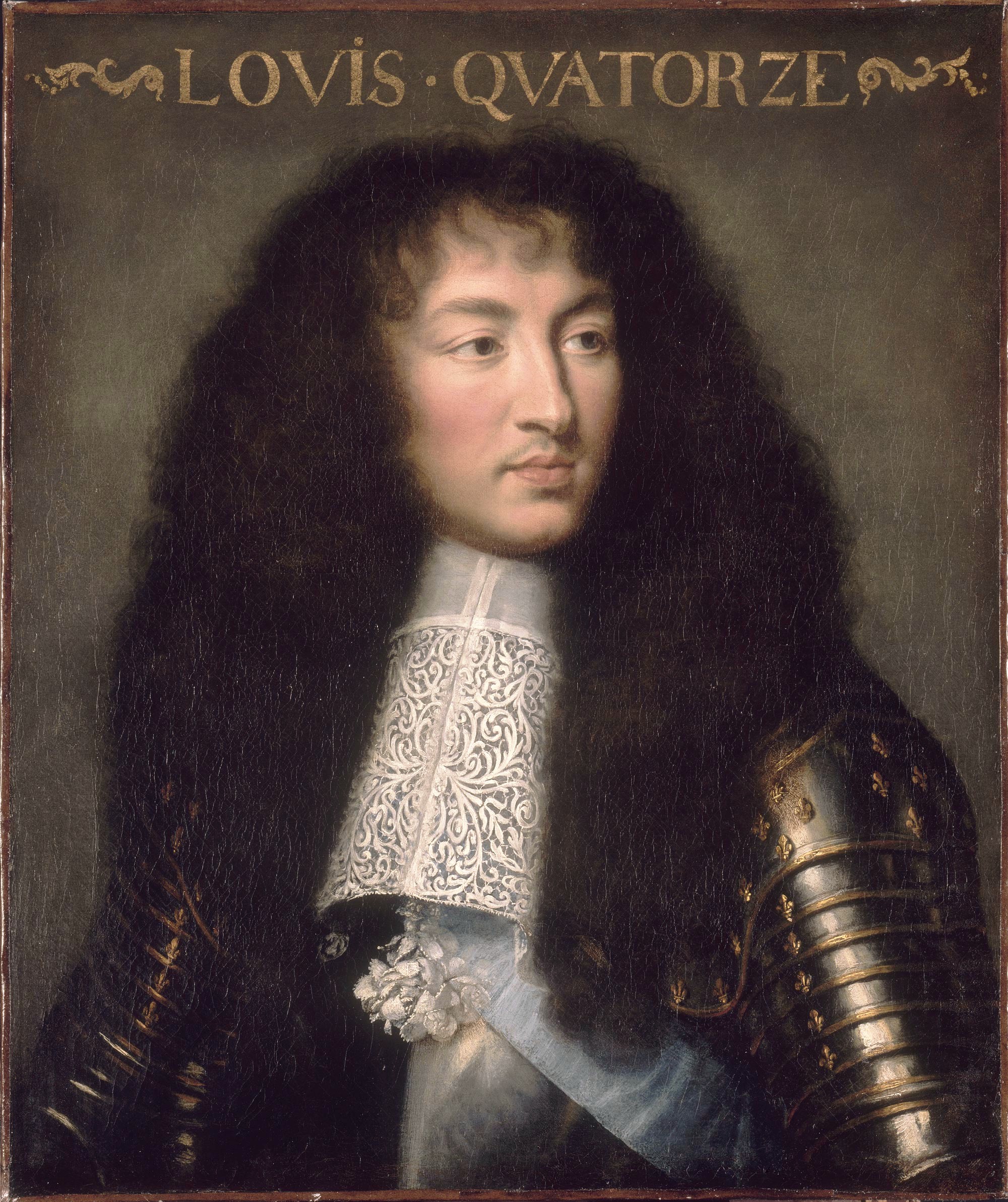Sidera Lodoicea on:
[Wikipedia]
[Google]
[Amazon]
 Sidera Lodoicea is the name given by the astronomer
Sidera Lodoicea is the name given by the astronomer  The following contemporary (1686) notice records Cassini's choice of name, and explains his rationale for the same:
The following contemporary (1686) notice records Cassini's choice of name, and explains his rationale for the same:
 Sidera Lodoicea is the name given by the astronomer
Sidera Lodoicea is the name given by the astronomer Giovanni Domenico Cassini
Giovanni Domenico Cassini, also known as Jean-Dominique Cassini (8 June 1625 – 14 September 1712) was an Italian (naturalised French) mathematician, astronomer and engineer. Cassini was born in Perinaldo, near Imperia, at that time in the C ...
to the four moons of Saturn
The moons of Saturn are numerous and diverse, ranging from tiny moonlets only tens of meters across to enormous Titan (moon), Titan, which is larger than the planet Mercury (planet), Mercury. Saturn has 83 natural satellite, moons with confirmed ...
discovered by him in the years 1671, 1672, and 1684 and published in his ''Découverte de deux nouvelles planètes autour de Saturne'' in 1673 and in the ''Journal des sçavans
The ''Journal des sçavans'' (later renamed ''Journal des savans'' and then ''Journal des savants,'' lit. ''Journal of the Learned''), established by Denis de Sallo, is the earliest academic journal published in Europe. It is thought to be the ear ...
'' in 1686. These satellites are today known by the following names, given in 1847:
* Iapetus
In Greek mythology, Iapetus (; ; grc, Ἰαπετός, Iapetós), also Japetus, is a Titan, the son of Uranus and Gaia and father of Atlas, Prometheus, Epimetheus, and Menoetius. He was also called the father of Buphagus and Anchiale in other ...
or Saturn VIII, discovered October 25, 1671
* Rhea or Saturn V, discovered December 23, 1672
* Tethys or Saturn III, discovered March 21, 1684
* Dione or Saturn IV, discovered March 21, 1684
The name ''Sidera Lodoicea'' means "Louisian Stars", from Latin ''sidus'' "star" and ''Lodoiceus'', a nonce adjective coined from ''Lodoicus'', one of several Latin forms of the French name ''Louis'' (reflecting an older form, ''Lodhuwig''). Cassini intended the name to honor King Louis XIV
, house = Bourbon
, father = Louis XIII
, mother = Anne of Austria
, birth_date =
, birth_place = Château de Saint-Germain-en-Laye, Saint-Germain-en-Laye, France
, death_date =
, death_place = Palace of Vers ...
of France, who reigned from 1643 to 1715, and who was Cassini's benefactor as patron of the Paris Observatory
The Paris Observatory (french: Observatoire de Paris ), a research institution of the Paris Sciences et Lettres University, is the foremost astronomical observatory of France, and one of the largest astronomical centers in the world. Its histor ...
, of which Cassini was the director.
The name was modelled on ''Sidera Medicea'', "Medicean stars", the Latin name used by Galileo
Galileo di Vincenzo Bonaiuti de' Galilei (15 February 1564 – 8 January 1642) was an Italian astronomer, physicist and engineer, sometimes described as a polymath. Commonly referred to as Galileo, his name was pronounced (, ). He was ...
to name the four Galilean satellites
The Galilean moons (), or Galilean satellites, are the four largest moons of Jupiter: Io, Europa, Ganymede, and Callisto. They were first seen by Galileo Galilei in December 1609 or January 1610, and recognized by him as satellites of Jupiter ...
of Jupiter
Jupiter is the fifth planet from the Sun and the List of Solar System objects by size, largest in the Solar System. It is a gas giant with a mass more than two and a half times that of all the other planets in the Solar System combined, but ...
, in honor of the Florentine house of Medici
The House of Medici ( , ) was an Italian banking family and political dynasty that first began to gather prominence under Cosimo de' Medici, in the Republic of Florence during the first half of the 15th century. The family originated in the Muge ...
.
 The following contemporary (1686) notice records Cassini's choice of name, and explains his rationale for the same:
The following contemporary (1686) notice records Cassini's choice of name, and explains his rationale for the same:
Notes
References
* {{cite journal, doi = 10.1098/rstl.1686.0013, last = Cassini , first = G. D., author-link = Giovanni Domenico Cassini, year = 1686–1692, title = An Extract of the Journal Des Scavans. Of April 22 st. N. 1686. Giving an Account of Two New Satellites of Saturn, Discovered Lately by Mr. Cassini at the Royal Observatory at Paris, journal = Philosophical Transactions of the Royal Society of London, volume = 16, issue = 179–191, pages = 79–85, jstor = 101844, doi-access = free History of astronomy Moons of Saturn Discoveries by Giovanni Domenico Cassini